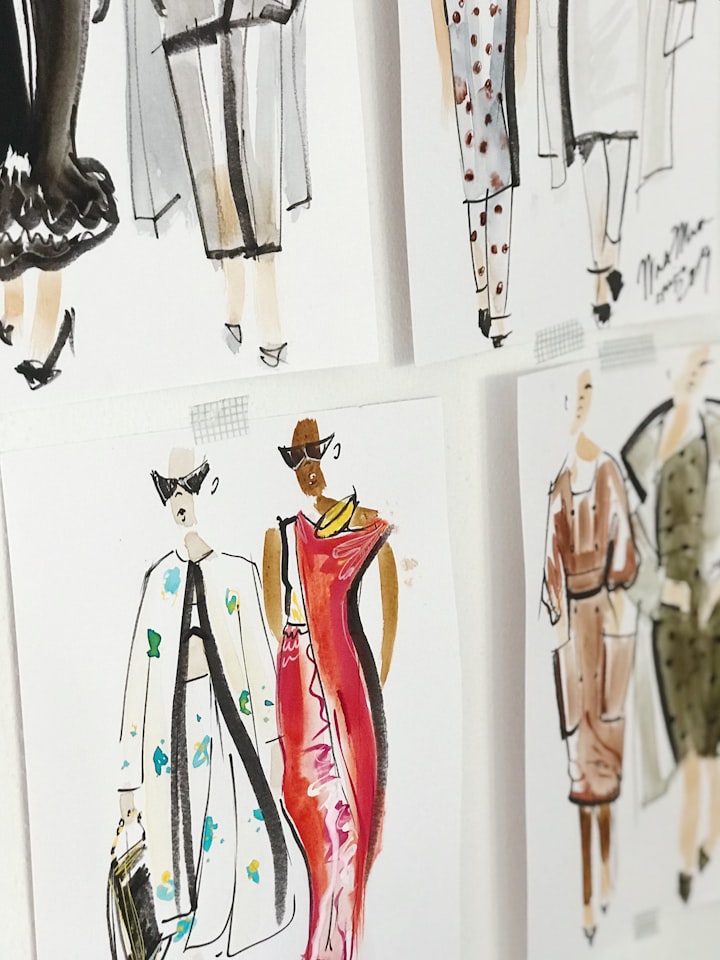Who made my clothes?
What does the Bangladesh Accord mean for garment workers? Better working conditions, better wages, and better rights in the workplace.

The Bangladesh Accord will be renewed and expanded internationally.
Have you considered who made the denim jeans that you put on this morning? Or the white blouse you buttoned up before walking out the door? Behind every garment hanging in your closet, there is a human being behind the scenes creating it.
Bangladesh is the second-largest exporter of garments in the world, just behind China according to the International Finance Organization. For decades, Bangladesh has been the capital of low-wage garment manufacturing but there is good news for the 4.5 million garment workers. Better working conditions, better wages, and better rights in the workplace are in order for the apparel industry.
There is a new and improved landmark legally binding safety agreement—the International Accord. So, what does this mean? According to The International Accord, the agreement will commit to three things: focusing on the health and safety programs in Bangladesh, zeroing in on building a credible industry-wide compliance and accountability mechanism and addressing human rights.
What is the Bangladesh Accord?
The Bangladesh Accord was established in response to the event that occurred in April 2013, killing 1,133 people, and injuring more than a thousand individuals in the collapse of the Rana Plaza factory building. According to The Accord, it is an independent, legally binding agreement between brands and trade unions. The goal is to work toward a safe and healthy garment and textile industry in Bangladesh.
The problem is garment workers in Bangladesh warrant the basic right to safe working conditions. Legislation exists to protect garment workers' right to a safe workplace. The Accord does just that—monitors remediation, undergoes factory inspections, enforces safety training, and resolves safety complaints. The Accord is one step closer to improving the fashion industry in becoming transparent and accountable.
Future for Textile and Garment Industry?
The future is unknown but one thing that is certain is The International Accord for Health and Safety in the Textile and Garment Industry will protect the workers. Most importantly it is heading in the direction of a more sustainable and safe industry. According to the RMG Sustainability Council, the industry will allow garment workers’ rights to refuse unsafe work, participate in the work of their factory Safety Committee, and file a complaint when they see a safety problem in their factory.
The agreement will expand to other garment-producing countries, which in return has the potential to improve factory safety for the people who make our clothes across the world. The new agreement will guarantee legal enforceability of brands’ commitments, independent oversight of brand compliance, and the requirement to pay prices to support safe workplace practices. Brands will have the obligation to operate safely and if not, factories can stop doing business with any factories to make needed safety repairs.
Take Action
It is your turn to take action into your own hands. Become a brand that supports The Accord to protect the safety of their workers, encourage your company and those you know to do their due diligence on their supply chain. Interested in joining the list of clothing brands that are supporting the new International Accord? Build a supply chain that you are proud of, create a free account at Dhakai.com to access our fully transparent supply chain system.




